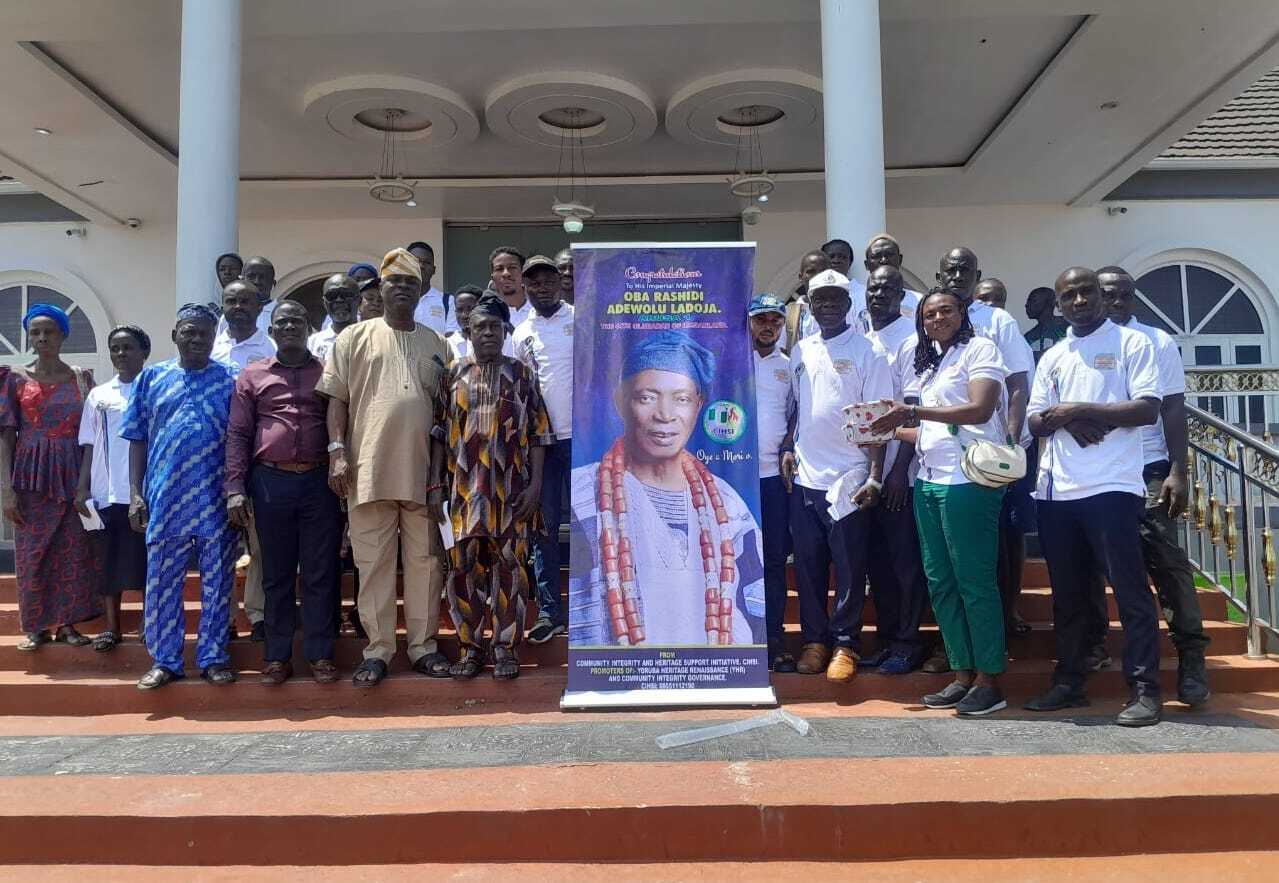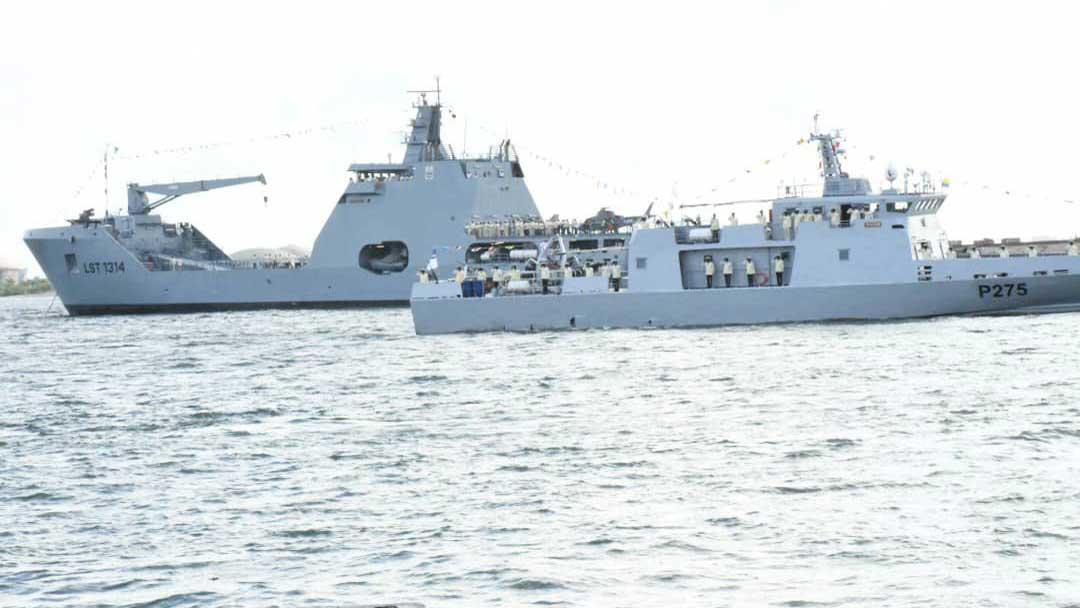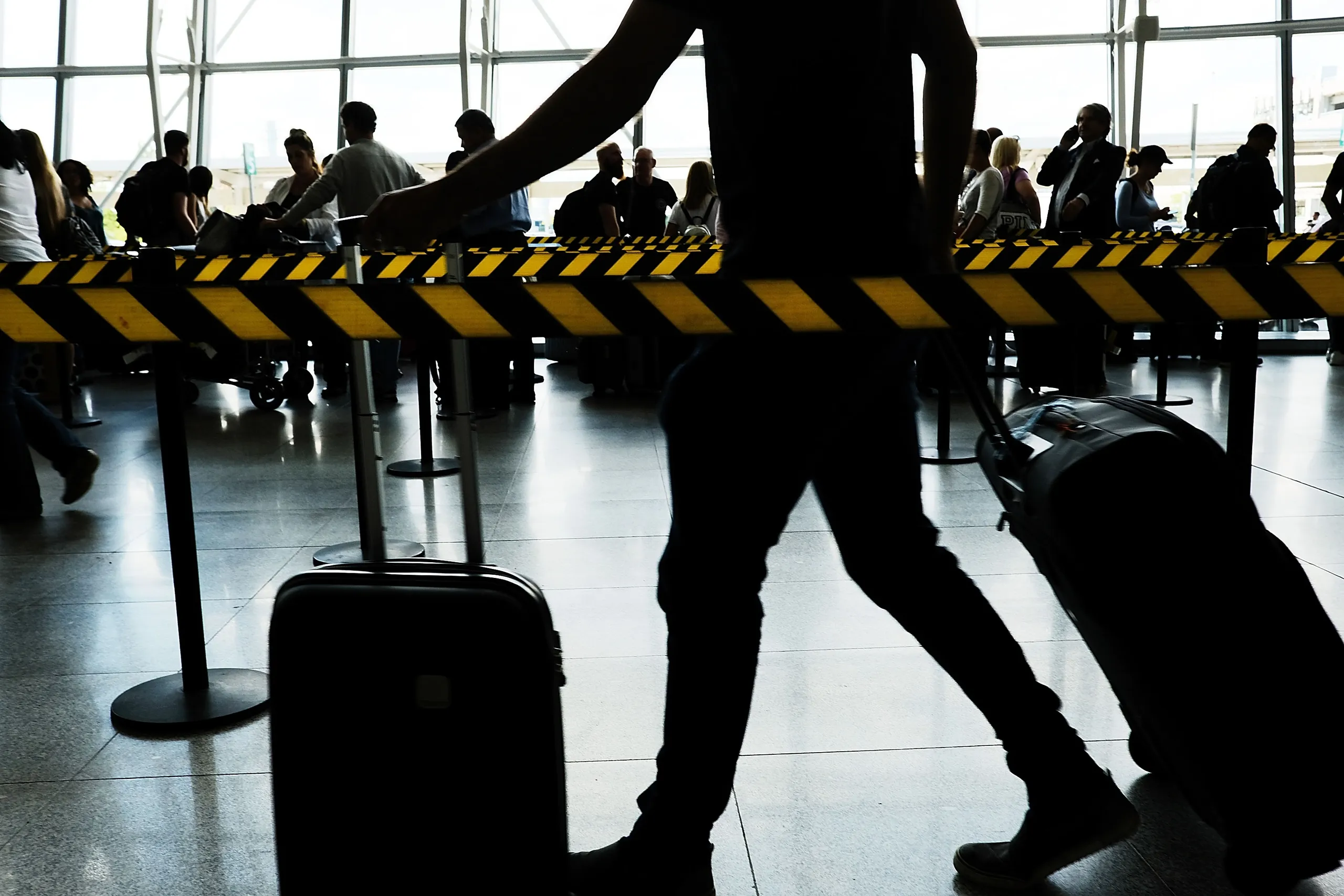The Lagos State government has urged all residents to participate in the state’s waste-to-wealth initiative to promote a circular economy. This initiative aims to reduce the amount of waste ending up in landfills, encourage the reuse of waste and promote recycling of waste for a sustainable environment.
Making the call during a television talk show the Commissioner for Environment and Water Resources, Mr Tokunbo Wahab, emphasised the importance of building a waste management culture that all residents must adopt for proper environmental sanitation.
Officials are visiting various areas across the state every Thursday, including Ikeja, Badagry, Ikorodu, Lagos Island and Epe for the Trash for Cash initiatives, which involves giving cash to residents for their waste or collecting waste directly.
The government plans to establish permanent collecting points where residents can exchange their trash for a reasonable amount of cash, to discourage illicit waste disposal on roads, setbacks, medians, open spaces and canals.
The commissioner explained that the government was transitioning from the linear waste system of pick and drop, which is unsustainable and environmentally unfriendly, to a system where waste is viewed as a resource that can be converted into energy.
According to him, over the past two years, the government has been actively promoting partnership with local and global stakeholders to convert waste into compost fertiliser or recycled plastics.
“Companies such as Lafarge are already using waste to generate power, and the state is exploring other innovative ways to repurpose waste materials,” he added.
Wahab said the government signed a concession agreement with a company called Zoom Lion to convert 4,000 tonnes of daily waste into wealth, with 55 per cent of waste to compost fertiliser and recyclables.
The efforts have significantly reduced the amount of waste ending up in landfills, leading to the decommissioning of certain landfills like Olososun, Ikeja and Soluos 3, Igando.
He reiterated that the government banned cart-pushers across the state and introduced the waste-to-wealth initiative in their place. According to him, it is essential for everyone to embrace the broader vision of a clean, safe, flood-free, and sustainable Lagos.
Recent measures like the ban on styrofoam and single-use plastics have already shown positive results in reducing drainage clogging and flash flooding, highlighting the importance of responsible waste management practices.
In light of the recent events, the government emphasises the need for residents to manage their waste responsibly, avoid illegal dumping, and refrain from building on canals, drainage alignments, wetlands and flood plain areas.
By working together to shift the narrative around trash to a valuable resource, Lagos can achieve its goal of becoming an economically friendly and sustainable megacity.






